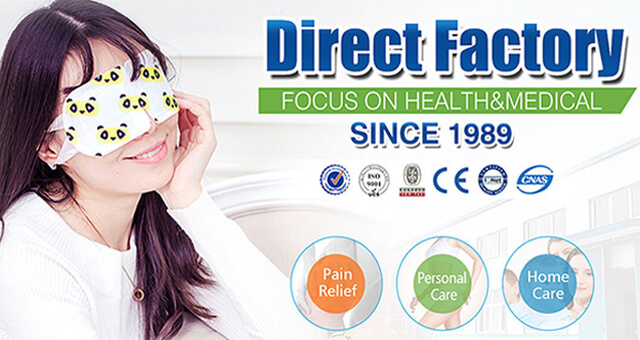Author:Kangdi 08-02-2024
Nasal strips, also known as nasal dilators, have been making waves in the respiratory therapy market in recent years. Touted as a simple yet effective solution for various nasal issues, these strips have captured the interest of many. But as with any new product, there are facts and myths floating around about nasal strips. Here's a breakdown of what you need to know.
The Facts:
Increased Airflow: Nasal strips help to open up the nasal passages, allowing for more airflow and, in turn, easier breathing. This can be beneficial for individuals with nasal congestion, allergies, or other respiratory issues.
Sleep Improvement: By reducing snoring and sleep apnea symptoms, nasal strips can help you enjoy a restful night's sleep.
Enhanced Sports Performance: For individuals who participate in strenuous physical activities, nasal strips can improve endurance and performance by enhancing oxygen intake.
Convenience: Nasal strips are easy to use, typically applying in seconds, and are designed for short-term use, providing a quick fix when needed.
The Myths:
One Size Fits All: Not all nasal strips are created equal. Different brands and models are designed for specific needs, so it's important to choose the right one for your situation.
Instant Cure-All: While nasal strips can provide significant relief from respiratory issues, they are not a long-term solution for chronic conditions like severe allergies or sleep apnea.
No Side Effects: While most individuals experience minimal side effects with nasal strips, some may experience skin irritation, discomfort, or an allergic reaction. Always read the product label and consult a healthcare provider if needed.
They're Only for Men: Nasal strips are not just for men; they are suitable for individuals of all ages and both genders who suffer from respiratory issues.
In conclusion, nasal strips can be a valuable addition to your respiratory care routine, providing quick relief from nasal congestion and other respiratory issues. However, it's important to use them responsibly, following the manufacturer's instructions, and consult a healthcare provider if needed.
 0086 19937104978
0086 19937104978




